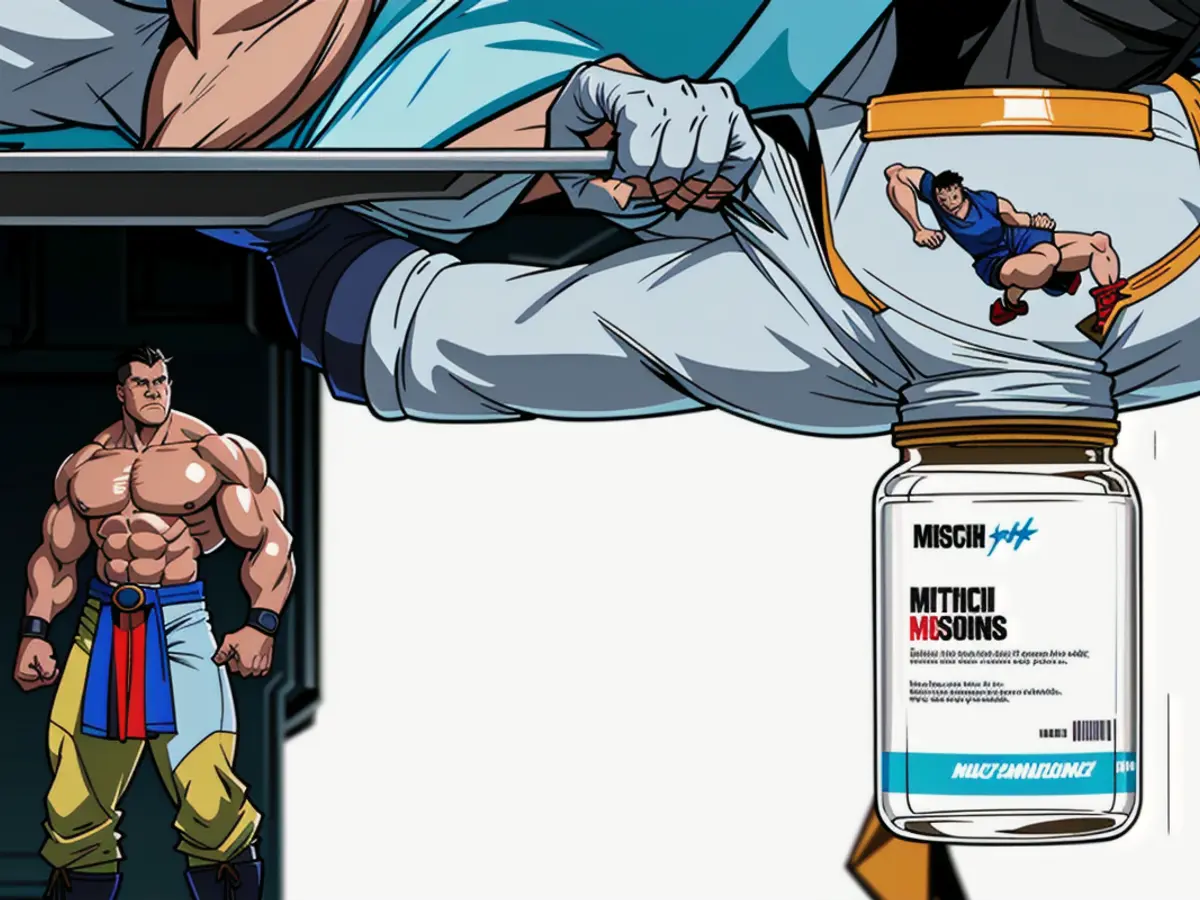Title: Is Ketamine Addictive for Depression Treatment? Debunking Misconceptions
Ketamine is a type of anesthetic that doctors also use to treat treatment-resistant depression (TRD). Some research suggests that when used correctly to treat TRD, it's unlikely to become addictive, although further research is needed.
TRD is a form of depression that doesn't improve after treatment with at least two antidepressants. Doctors may treat TRD with intravenous (IV) ketamine or an esketamine (Spravato) nasal spray.
The misuse of ketamine is a concern. People may take it recreationally for its hallucinogenic properties, and possession without a prescription is illegal in the United States. However, when used to treat TRD, it's considered less addictive than substances like nicotine and strong opiates.
Limited research suggests that ketamine may not be addictive when used correctly for TRD, although more research is needed. A study from 2022 found that participants taking ketamine to treat TRD were not at risk of misuse. If a person feels they are craving ketamine or taking higher doses than recommended, they should speak with a doctor.
Seeking help for addiction can be challenging, but several organizations, like the Substance Abuse and Mental Health Services Administration and the 988 Suicide & Crisis Lifeline, can provide support.
Ketamine has shown promise in helping people with depression that doesn't respond to traditional treatments. A single IV ketamine treatment has been shown to reduce depressive symptoms and thoughts of suicide in people with TRD. Experts consider ketamine to be a rapid-acting antidepressant (RAAD).
Ketamine may cause side effects, such as sleepiness, dissociation, psychiatric events, and increases in blood pressure. Spravato, a nasal spray form of esketamine, also has potential side effects, including nausea, dizziness, diarrhea, and increased blood pressure.
The NIMH recommends psychotherapy, antidepressants, and brain stimulation therapy as other treatments for depression, along with making lifestyle changes like getting regular physical activity, eating regular meals, and avoiding alcohol and recreational drug use. If depression doesn't improve or worsens, or if a person experiences suicidal thoughts, they should speak with a doctor.
[1] UC San Diego Researchers Warn of Ketamine Addiction Risk with Increased Recreational Use[2] Ketamine as a Treatment for Depression[3] UC San Diego Study Finds Increasing Recreational Use of Ketamine, Highlights Need for Monitoring and Prevention[4] Ketamine Addiction Treatment and Prevention[5] Combining Psychotherapy with Ketamine Administration for Optimal Treatment Outcomes
Ketamine, when used to treat treatment-resistant depression (TRD), is less likely to become addictive compared to substances like nicotine and strong opiates, according to limited research. However, if a person feels they are craving ketamine or taking higher doses than recommended, they should seek help and speak with a doctor.








